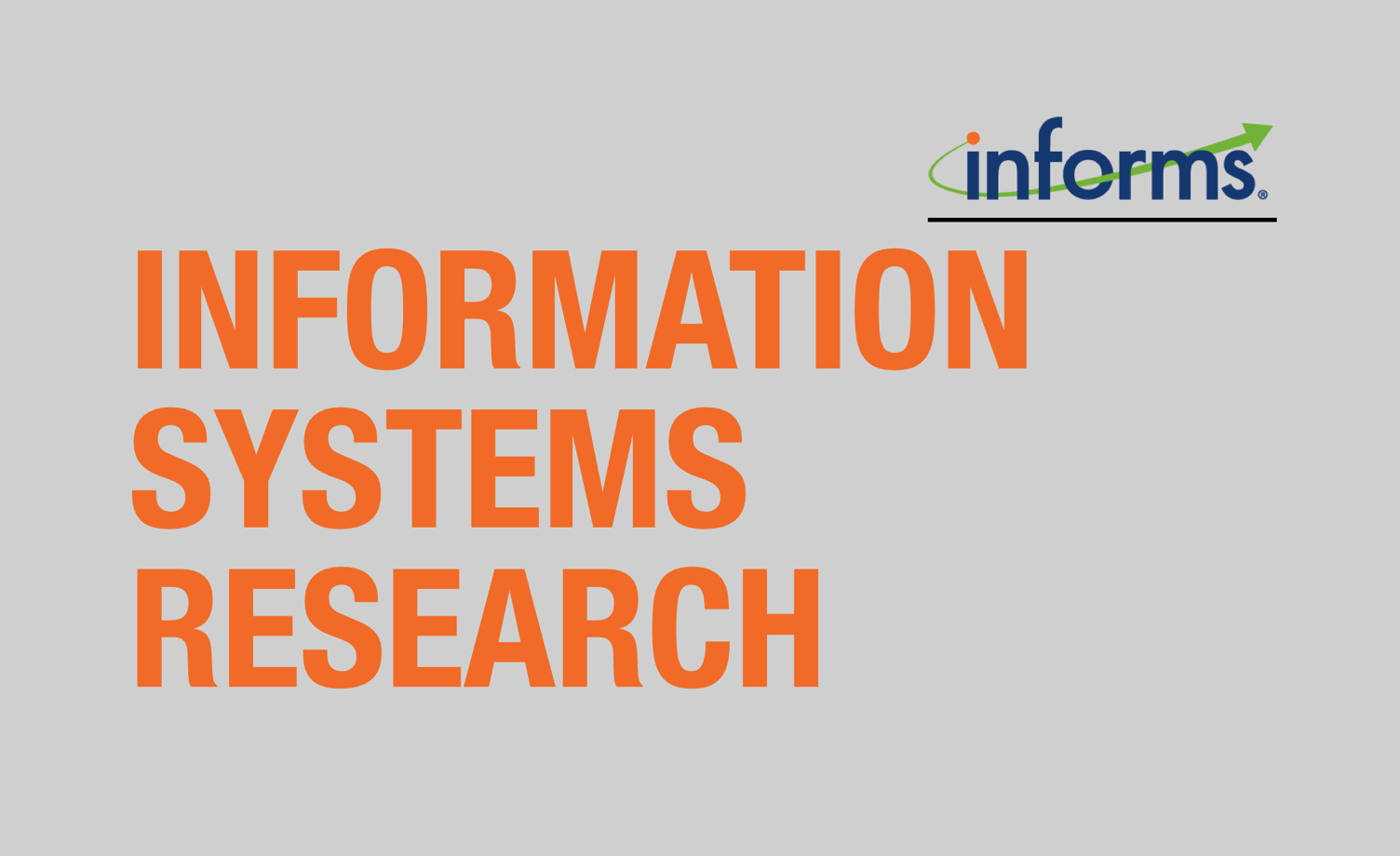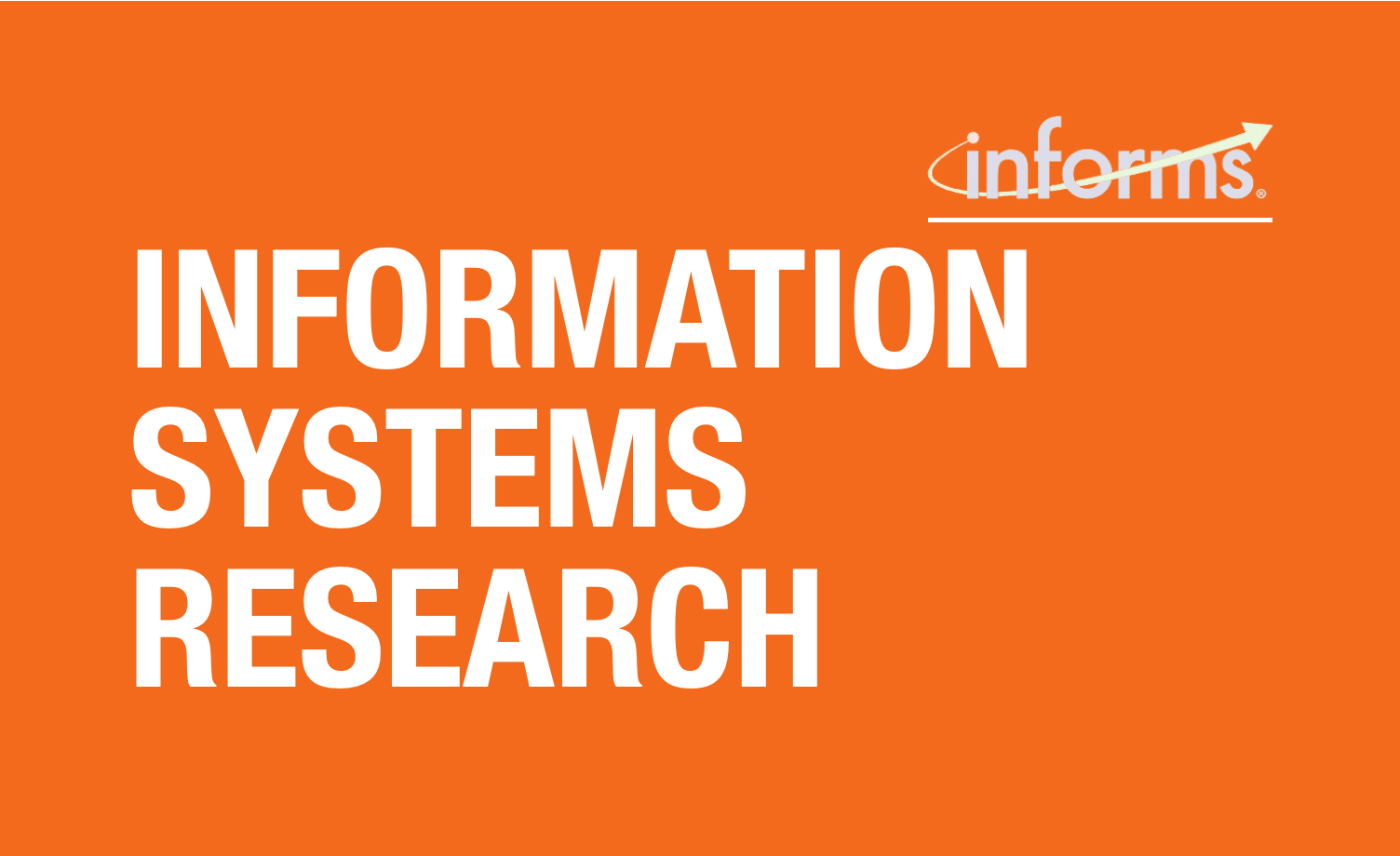
Testing of Reverse Causality with Semi-Supervised Learning
In an article forthcoming at Psychometrika, we develop a novel method for reverse causality testing.

In an article forthcoming at Psychometrika, we develop a novel method for reverse causality testing.

In an article forthcoming at Production and Operations Management, we discuss the importance of goal orientation for fairness-aware machine learning algorithms.

In an article forthcoming at Information Systems Research, we discuss a new onto-epistemological perspective for understanding the privacy phenomena.

In an article at Personnel Psychology, we study the potential of machine learning for reducing adverse impact in personnel selection.

In an article forthcoming at Information Systems Research, we drew from the recent advances in machine learning to study the fairness of ratemaking methods for catastrophe insurance.

In an article published at Management Science, we developed a framework for assessing how context-oriented nuances influence privacy concerns.

In an article published at Management Science, we examined the potentially disparate impact of privacy protection on underprivileged sub-populations.

In an article published at MIS Quarterly, we studied the feasibility of leveraging advanced analytical techniques to collectively reason about the conflicting findings in behavioral research.

In an article published at Psychological Methods, we leveraged the recent advances in theoretical machine learning to develop a novel method for disentangling heterogeneity in meta-analysis.

An article I co-authored was featured as a Research Highlight in Communications of the ACM. The article leverages scalable similarity-join techniques to speed up the solution of a popular optimization problem.

In an article published at Journal of Management, we reviewed the common issues that threaten the validity of inferences drawn in empirical studies from analyzing organic data.

In an article published at Medical Care, we demonstrated that the integration of demographics attributes such as race in public health datasets could lead to privacy disparity if not carefully treated.